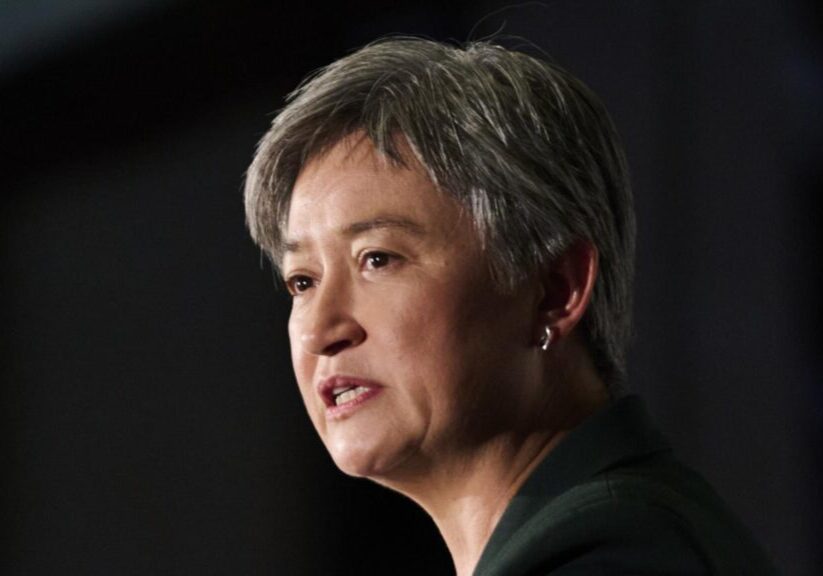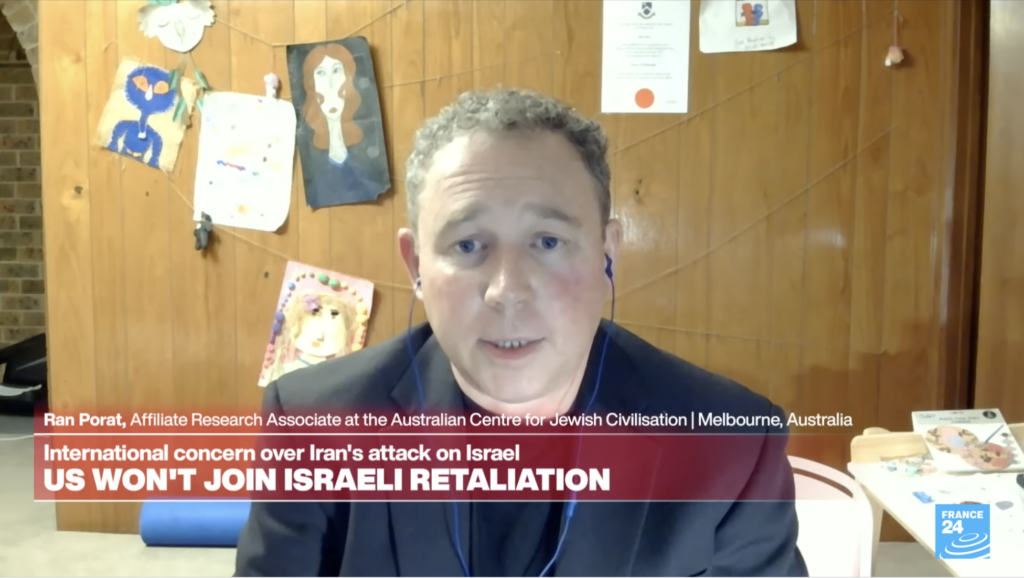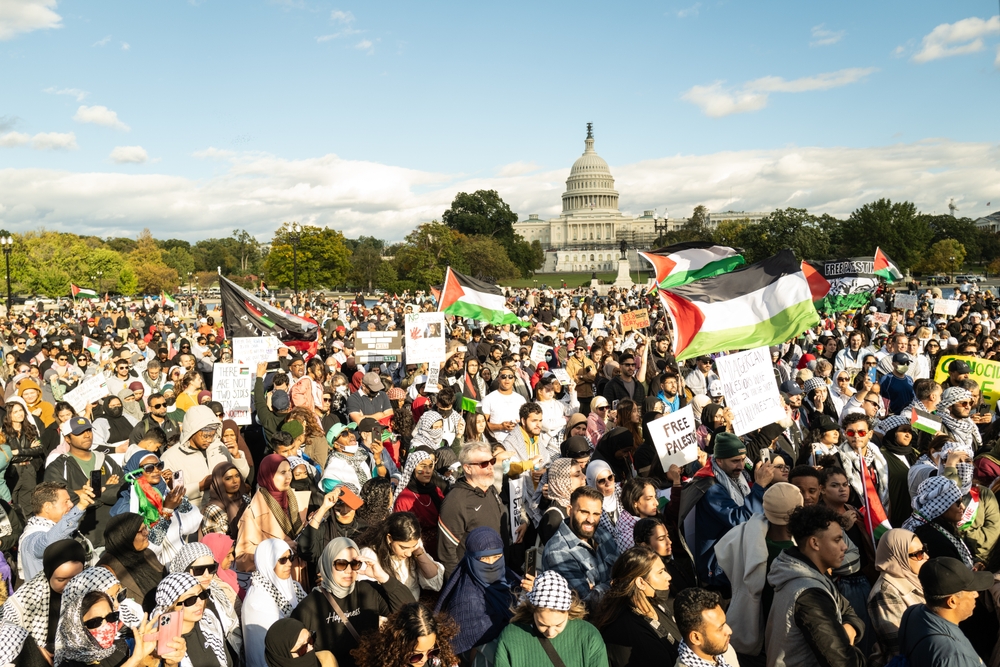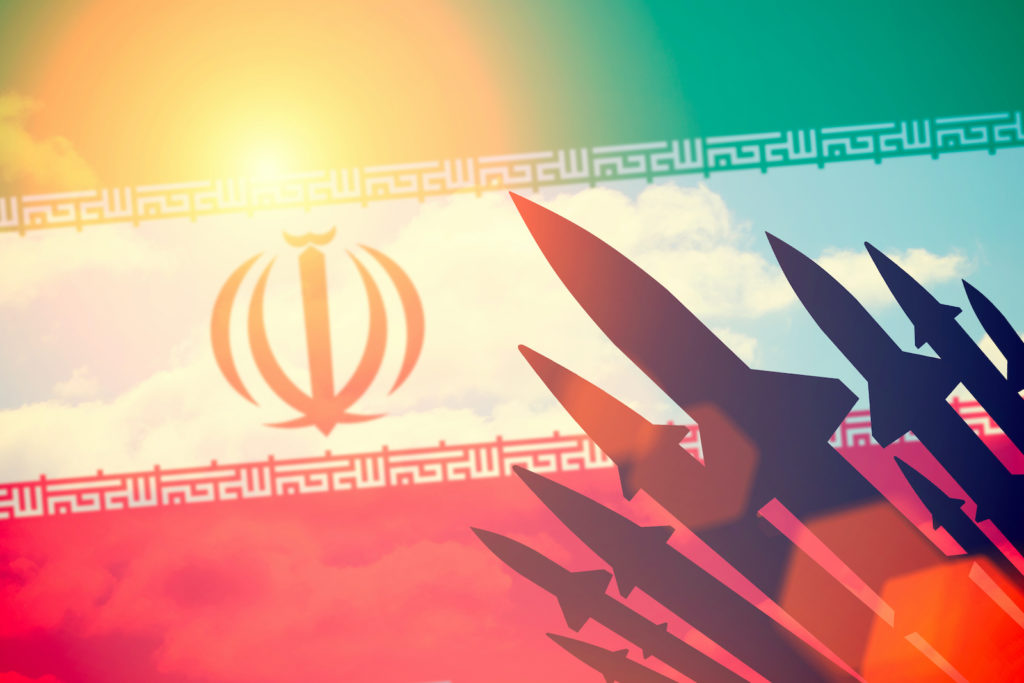IN THE MEDIA
Israeli music builds bridges
Jun 25, 2012 | Andrea Nadel and Tzvi Fleischer

Andrea Nadel and Tzvi Fleischer
New Zealand Herald – Monday Jun 25, 2012
Anti-Israel activists have been sponsoring intense campaigns of intimidation, emotional blackmail and misinformation to encourage prominent musicians to boycott Israel by not performing there, as reported in this paper on June 4 (“Stars under fire for concerts in Israel”).
These activists claim that they are acting in the name of peace, but in reality what they are actually doing is precisely the opposite. They are participating in a new version of a decades-old effort to reject any co-existence with Israel.
What’s even more ludicrous and hypocritical about efforts to culturally boycott Israel is that they ignore a compelling reality of today’s Middle East. Even as activists in Western states demand that artists refuse to have any association with Israel, the opposite is actually happening in the Middle East.
There, despite decades of boycotts, people from Turkey to Iran are embracing the works of Israeli musicians in increasing numbers, often at great personal risk.
Efforts by Middle Eastern governments, and more recently Western activists, to isolate Israel culturally, economically, and politically are essentially a modern-day manifestation of a campaign of boycotts against all Jewish businesses in British-mandate Palestine, initiated before Israel even existed.
With Israel’s establishment in 1948, the Arab League established an extensive bureaucracy dedicated to forcing countries, companies and artists to refuse to have anything to do with the Jewish state, under threat of being themselves boycotted.
Then, during the United Nations’ hypocritically named Durban Conference against Racism of 2001, a group of mainly Arab NGOs developed a strategy to revive the old Arab boycott campaign against Israel and carry it to the West under the rubric of “Boycotts, Divestment, Sanctions (BDS)”. With the help of sympathetic Western groups, they are attempting to use the language of “human rights” and “peace” to cajole, bully, and emotionally blackmail Western artists, universities, companies and churches into boycotting Israel. Their objective has been to create an updated version of the campaign against any “normalisation” with both Israeli institutions and individuals that was once widespread in the Arab Middle East.
This movement has failed almost entirely in its efforts to coerce universities, companies and churches. But with musicians and other artists – generally ignorant of the complexities of the Middle East, eager to be seen on the side of human rights and peace, and reluctant to alienate their fan base – they have enjoyed modest success, convincing a number of popular acts and individuals to cancel or disavow performances in Israel.
Yet, ironically, just as these activists have managed to persuade some Western musicians to implement a version of “anti-normalisation”, the Middle East, the home of anti-normalisation with Israel, is moving in the opposite direction. The growing numbers of people throughout the region embracing the music of Israeli artists indicates this in a way that is impossible to ignore.
The success of Iranian-born Israeli singer Rita Jahanfarouz (known simply as Rita) is a perfect example. Her Persian-language songs, which are reportedly widely available “under the table” in Iran, strike a chord with many Iranians who don’t care that she is Israeli but enjoy her modern twists on beloved classic Persian melodies. Her popularity in Iran has raised the ire of the Iranian government, which attacked her as the “latest plot in a soft war” to undermine the Iranian people.
Another example is the Israeli hard-rock band Orphaned Land, which draws on Jewish, Christian and Muslim liturgical sources for musical inspiration.
They too have a large Middle Eastern fan base and perform several times a year in Turkey. The band is so popular that it was even awarded the Turkish Friendship and Peace Award in 2010 by Dr Huseyin Tugcu, one of Prime Minister Recip Tayyip Erdogan’s own advisers. The absurdity of trying to silence a band that even the Turkish government recognises as working towards peace is obvious.
Opposition fighters in uprisings around the Middle East have even embraced the works of Israeli artists Noy Alooshe and Amir Benayoun as rallying cries. Noy Alooshe’s Zenga Zenga, which mocks the late Libyan dictator Muammar Gaddafi, was popular among Libyan opposition fighters and inspired Syrian opposition leaders to ask Benayoun to write Arabic songs for their opposition fighters, which he did.
One of the sources for these artists’ success is that they draw on Israel’s dynamic, multicultural and distinctly Middle Eastern musical heritage. Israel’s Middle Eastern immigrants, who along with their descendants comprise roughly half of the country’s Jewish population, brought their musical traditions with them to Israel, adding to and enriching its already Middle Eastern musical heritage. The result today is a vibrant musical tapestry that represents Israel’s democratic values and its regional roots.
The success of these artists exposes calls to boycott Israel as counterproductive, hypocritical nonsense.
These artists project a positive face of Israel and its free society to places whose leadership would prefer otherwise. They build bridges between cultures kept apart by conflict, showing Muslim, Christian and Jew that they share much in common and can benefit more from coexistence than from hatred. They contribute far more toward achieving Middle East peace than the BDS brigade’s efforts to perpetuate the 70-year-old Arab Boycott’s obsession with rejectionism.
Andrea Nadel is a policy analyst at the Australia/Israel & Jewish Affairs Council (AIJAC). Dr Tzvi Fleischer is editor of the Australia/Israel Review, published by AIJAC.
Some relevant links:
- Rita singing her 2011 Persian-language hit single “Shaneh:” http://www.youtube.com/watch?v=t1NsQciknPE
- Orphaned Land performing their song “Norra El Norra” from their 2004 album “Mabool:” http://www.youtube.com/watch?v=lZUcWngEtcM&feature=fvst
- Ofra Haza performing her hit song “Im Nin’Alu:” http://www.youtube.com/watch?v=wk1yrC5muyQ&list=UUCv4vJBP51MELaEmdjZNCTQ&index=6&feature=plcp
- Noy Alooshe’s “Zenga, Zenga:” http://www.youtube.com/watch?v=8tYH1inpLkM
- Amir Benayoun’s “Zini,” one of the songs written on behalf of the Syrian opposition fighters: http://www.youtube.com/watch?v=F2Mw1oGEOis
Tags: Israel











